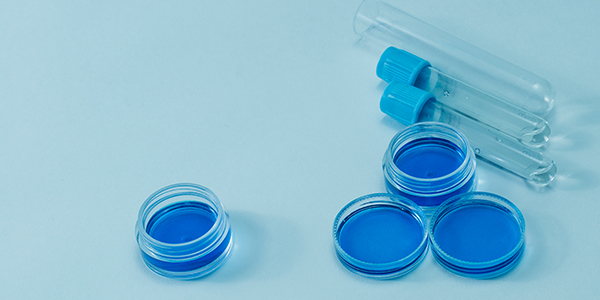Iodine in Livestock and Poultry Nutrition
Iodine is an essential element for the growth and health of livestock and poultry, playing a key role in thyroid gland function and the regulation of metabolic hormones. In animal husbandry, iodine is used as a nutritional additive to compensate for its deficiency in animal diets. Some important applications of iodine in livestock farming include:
Improving Thyroid Health and Animal Growth
Iodine is a vital component of thyroid hormones (triiodothyronine and thyroxine) that regulate the body’s metabolism. Iodine deficiency in animal feed may lead to reduced growth, decreased reproduction rates, and lower productivity in milk and meat production.
Disease Prevention
Iodine serves as a powerful disinfectant in livestock farming, used for wound cleaning and equipment sterilization. It also helps prevent infectious diseases and enhances the overall health of the herd.
Stabilizing Production and Quality of Animal Products
Adding iodine to livestock and poultry feed improves the quality of milk, meat, and eggs. Particularly in iodine-deficient regions, iodine supplementation can significantly enhance animal performance and increase the nutritional value of animal products.
Incorporation into Mineral Supplements and Lick Blocks
Iodine is commonly provided in the form of mineral supplements or lick blocks in animal diets. These supplements prevent iodine deficiency in geographical areas with iodine-poor soils and meet the daily iodine requirements of animals.
Economic Importance of Iodine in Animal Husbandry
Iodine not only improves the health and productivity of animals but also reduces treatment costs associated with diseases caused by iodine deficiency. Therefore, iodine use in livestock farming, as part of proper nutritional management, is considered an economical and sustainable practice.
Table: Daily Iodine Requirements for Livestock and Poultry
| Animal Type | Iodine Requirement (mg/day) |
|---|---|
| Dairy Cattle | 0.5 – 1.0 mg per kg of body weight |
| Beef Cattle | 0.3 – 0.5 mg per kg of body weight |
| Sheep | 0.1 – 0.2 mg per kg of body weight |
| Goats | 0.1 – 0.2 mg per kg of body weight |
| Camels | 0.2 – 0.4 mg per kg of body weight |
| Laying Hens | 0.3 – 0.5 mg per kg of feed |
| Broiler Chickens | 0.2 – 0.4 mg per kg of feed |
Important Notes:
-
The iodine level in animal diets should be carefully controlled and adjusted based on the specific needs of the animals, as excessive iodine intake may cause adverse effects.
-
In regions with iodine-poor soils and feed resources, iodine-containing mineral supplements should be added to the diet.
-
For precise iodine ration formulation, consulting with animal nutritionists or veterinarians is recommended.
